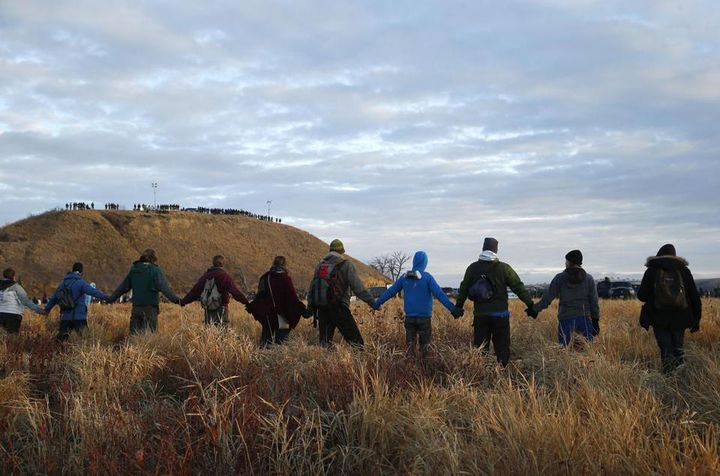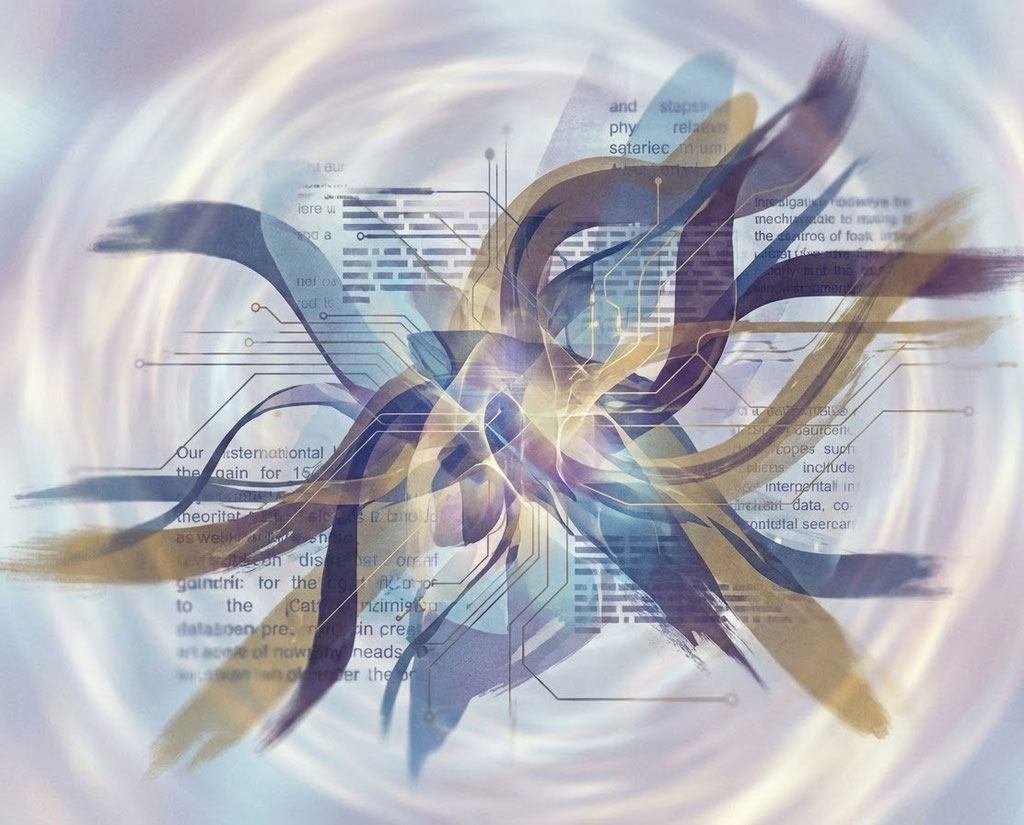
In the book, Change The World Without Taking Power, John Holloway defines human power in two forms: “Power-To” and “Power-Over."
Humans (and all lifeforms) are born with an inherent will to realize POWER-TO: the power to do; to live in peace; to rest; to love. To paraphrase a famous declaration, we are all entitled to the power to life, liberty, and the pursuit of happiness.
Unfortunately, the Power-To is corrupted when individuals or groups begin to morph their Power-To into Power-Over.
This is, when people decide that that power-to is not enough, or feel an insecurity, they begin to claim power-over others. That power-over mentality has driven much of the suffering and oppression throughout human history. Most social systems, however, justify the power-over others as a necessary feature of orderly society.
“If you serve another, someday others will, in turn, serve you."
“If power is not given to authority like government and police, there will be chaos and disorder."
But, as Baron Acton pointed out, power tends to corrupt.
Holloway describes power-over thusly:
“The power-over is a separation. The exercise of power-over separates conception from realization, done from doing, one person’s from another's, subject from object. Those who exercise power-over are Separators, separating done from doing, doers from the means of doing."
The Power-To
Might the corruption of power be remedied by an emphasis of Power-To as opposed to Power-Over? Holloway seems to think so:
“Power-to is a uniting, a bringing together of doing with the doing of others…”
If we reject the notion that power should be derived from obtaining power over others, we will find that the power-to enhances and connects people.
This is the essence of crowdsourcing. The philosophy of crowdsourcing rejects the notion of hierarchy and the structure of oppression, encouraging and nurturing the concept of a collective will and pushing progress forward by a "popular vote," essentially. Crowdsourcing empowers us all in our innate power-to, not the power-over.
How do we create a world free from those who abuse their power over? How do we realize a world where every person is fully equipped with the power to?
We should start with asking our biggest questions to the widest possible audience, for the most brilliant solutions. After all, it should be clear that the next phase of human civilization will not be designed by a chosen few behind closed doors. Gone are the days of a prescriptive future. Let us work together to usher in a future of open source collaboration and
welcome everyone to the table in that process.








